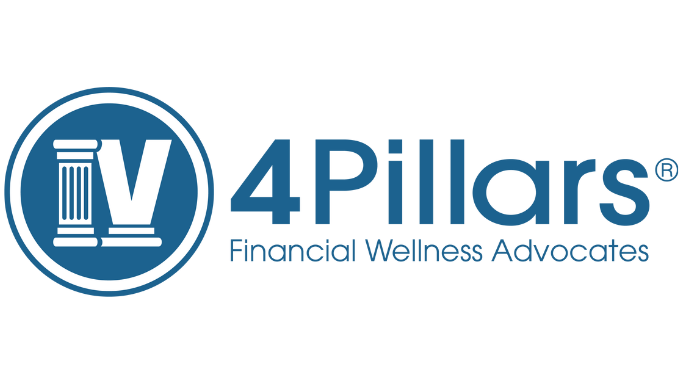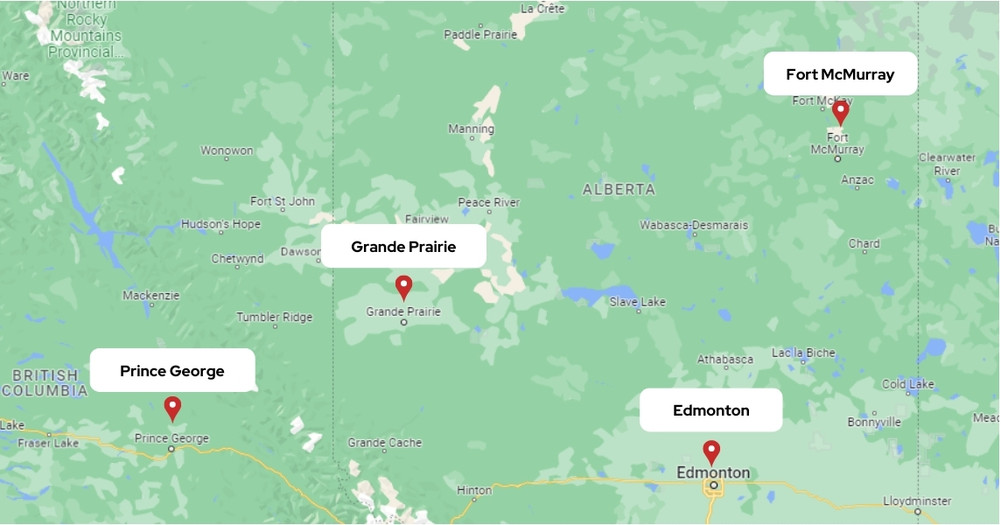Fraud is a growing concern across the world, including Canada. Over twenty five billion people use mobile phones and telephones in Canada, while 47% of Canadians utilise online banking facilities. The Canadian Anti-Fraud Centre (CAFC) received over 11,095 fraud reports with financial losses running over 10 million dollars. Today, with the click of a button, you can take care of your bills or make a purchase. However, as the use of the internet and online services make your life easier, the more you are exposed to fraud. The most common way for anyone to become a victim of online and telephone fraud is when personal or financial information is stolen.
Here are a few steps to protect yourself from online and telephone fraud:
- Always choose a complex password for your internet banking or credit card account. Do not share your password with anyone or store it in hard or soft copy where it can be easily accessed.
- When logging in to your internet banking or credit card account, use the virtual keyboard to enter your password, if provided by the company’s website.
- One of the golden rules is – if it is too good to be true, it is probably false. If ever you get an email, telephone call or a message claiming you have won a prize, ignore it. Such messages will claim that they need your account number or Personal Identification Number (PIN). Do not open the email or reply to the message.
- Never access your financial accounts through a public computer and avoid using a public internet network. Such devices are easily hacked and your password, PIN and other details can be stolen.
- When you get calls claiming to give you an offer that you would like to try, always ask for more documentation to prove the legitimacy of the claim.
- Whenever you get a call claiming to be from your financial institution, take down the caller’s name. Then call up the official number of the financial institution (you can find it on their website or any official document of theirs) and confirm that caller’s name.
- When using your personal computer (PC) or laptop, make sure that the firewall is set to its highest setting. The firewall will prevent your computer from being hacked, resulting in information being stolen.
- Your PC should always have an updated anti-virus. An anti-virus can prevent trojans, adware, virus and malware from sneaking into your PC and stealing personal information.
- Never click or open advertisements on the internet asking for charity or claiming you have won a prize. Such advertising sites will secretly try to download viruses and trojans onto your PC, or they could steal your personal information.
- If your financial institution has an official mobile app for your mobile device, download it and conduct your banking activities through it.
- Always clear your cookies on any computer you use. Cookies tend to save usernames, passwords and any other personal information. By clearing it, you assure yourself it cannot be stolen.
Yet, at times no matter how many precautions you take, you may become a victim of fraud. Hence, always go through your financial statements in order to safeguard your finances.
If you feel that you are a victim of fraud:
- File a report with your local police
- Inform your financial institutions
- Inform the two credit bureaus – Equifax Canada and TransUnion Canada – to place a ‘Fraud Alert’ in your file
Inform the CAFC of your fraud



